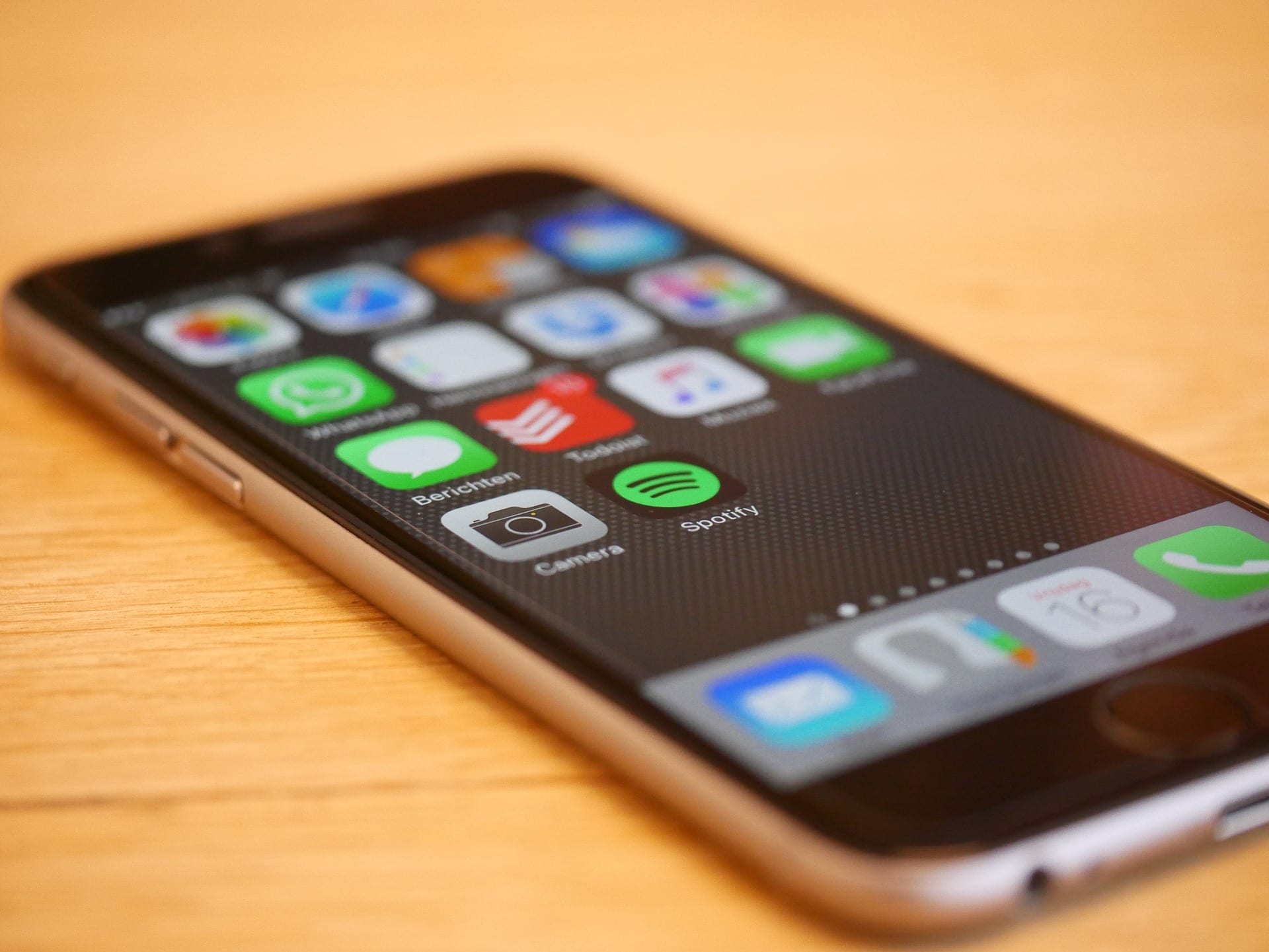Disgruntled iPhone owners won’t let “Batterygate” go.
Even after Apple CEO Tim Cook said the company would release a software update giving iPhone owners the option to turn off a battery-throttling feature, individuals and organizations won’t stop suing.
Behind the now-infamous scandal was a corporate decision to secretly introduce a “dynamic power management” feature in older-model iPhones. Designed to prolong the life of lithium ion batteries and prevent unexpected shutdowns, the overhaul left some users scratching their heads.
Programs and applications seemed slower to respond.
Text messages quickly scrawled took longer than ever to appear on screen.
Somehow, many users complained of decreased battery performance, noticing a gradual, downward spiral from iOS 9 to iOS 10 and 11.
Once the company finally confessed and issued a formal apology on December 28th, disgruntled users began filing suits en masse. More than 40 class actions have already been brought against Apple, with courts in France, South Korea, Australia, Israel and Canada processing budding cases of their own.
The latest suit, reports Fast Company, was filed last week under Christina Neumann v. Apple Inc.

Registered in a Northern California court by Oakland attorney Scott Cole, the case is the lawyer’s third judicial mash-up against Apple. Cole has sued the technology company twice before – once over iPad overheating issues, and again ‘for the denial of meal and rest breaks for Genius Bar employees.’
“It’s too little too late,” Cole said of Apple’s decision to let users turn off the power-saving feature. “Countless consumers worldwide have purchased new iPhones and iPhone batteries, or dumped their units altogether, in frustration due to Apple’s lack of transparency.”
Critics and conspiracy theories claim that Apple’s secret update had less to do with preserving batteries than pushing consumers toward device upgrades.
Fast Company quotes Adam Levitt of DiCello Levitt & Casey as saying that, while Apple’s latest decision was wisely-made, its opaque practices can’t be fixed.
“The fact still remains that millions of consumers have already suffered harm because of Apple’s dishonesty and manipulation,” said Levitt, who’s leading another class against the company. “Whatever Apple does should be transparent and subject to court approval, because we’re talking about the due process rights of millions of Apple customers.”
Apple’s top brass say its update deregulating dynamic power management will be released in developer beta sometime in early February. It’s expected to be available publicly at the beginning of March.
“We’re going to give people the visibility of the health of their battery so it’s very, very transparent. This hasn’t been done before,” said CEO Cook.
If users don’t want their phones to reduce performance to avoid unexpected shutdowns, you can “turn [dynamic power management] off,” he said.
Sources
Apple faces multiple lawsuits after admitting to slowing down iPhones as their batteries age
Apple Will Make iPhone Throttling Optional. Lawsuit Plaintiffs Say “Too Late”


Join the conversation!